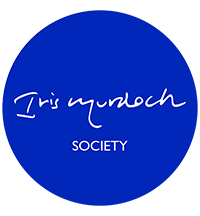
Re-reading early Murdoch: The Unicorn
The Unicorn is immediately a kind of frame narrative: a train story itself, which begins with an arrival at a remote railway station and ends with our two narrative guides departing ‘as the express carried them away across the central plain’, leaving behind the dramatic story of Hannah Crean-Smith, the unicorn of the novel’s title.


